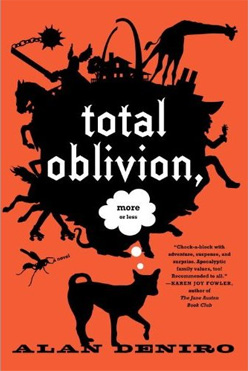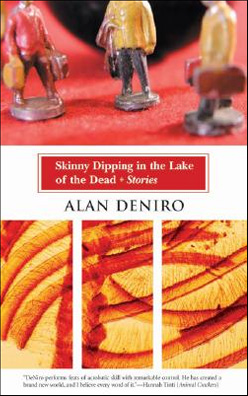So much of this simply boggles the mind. I’ll reiterate what I said over here…
#
I haven’t read the book in question. But I’ve always found her craft and pedagogy references, partic. to fantasy worldbuilding, to be really paint-by-numbers (and way over-referenced as some sort of canonical source for worldbuilding 101–hey, it’s on the SFWA site! There’s all sort of deep threads to other types of #fail here).
Looking at this list, it seems like she just followed her own line of questioning.
http://www.sfwa.org/writing/worldbuilding1.htm
Which to me, page after page, is COMPLETELY ahistorical. None of her questions have any bearing whatsoever into any type of (speaking very broadly) real political questions.
Or perhaps it could be put another way: the “race” issues for her are merely floating signifiers…to make the choice as to whether to have native americans in the book was of the same level of choosing as whether to have dwarves or gnomes in a book. Obviously, those signifiers for “real” races are very laden with significance, but, however carefully “built”, the limitations of this type of worldbuilding — unthought worldbuilding, at its core, is what’s especially damning. We are then touching the raw nerve of that very slippage of the meaning of “race” in the early roots of SF/F (i.e., the pulps when real colonization was still in full swing, as opposed to the lost continents and alien-inhabited planets of adventure fiction).
And there is something to be said for this comment in the thread above:
“The Man in the High Castle” was and is one of the flat-out creepiest novels I have ever read, but nobody calls Philip K. Dick clueless or a closet Nazi. the difference is the skill of the presentation.
This is all tying in to those Van Vogt posts, which are coming, promise!





That howto really needs replacing. Hmm…